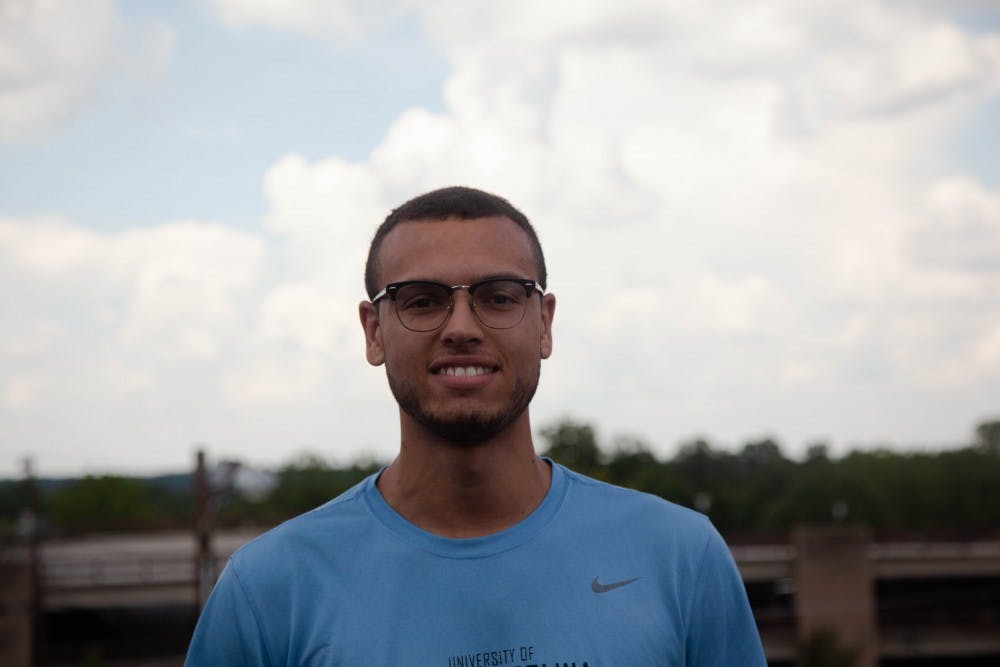Imagine living in a country where you could be fired for joining a softball league or wearing women’s clothing. That country could very well be the United States in a few months.
On Tuesday, Oct. 8, the Supreme Court began hearings for what could be the three most important cases for LGBTQ+ rights this session. Two of the cases concern gay rights, while the other is the first transgender rights case to ever reach the Supreme Court.
Bostock v. Clayton County, Ga. is about Gerald Bostock, a child welfare services coordinator from Georgia who said he was fired after joining a gay recreational softball league.
Altitude Express Inc. v. Zarda came about after Donald Zarda was fired for trying to ease the mind of a skydiving client, who was tightly strapped to him, by telling her that he was “100 percent gay.”
The landmark transgender rights case, R.G. & G.R. Harris Funeral Homes Inc. v. Equal Employment Opportunity Commission, involves Aimee Stephens, a transgender woman who was fired from a Michigan funeral home after she came out in 2013, saying that she would begin wearing women’s clothing.
These scenarios may sound hard to believe considering gay marriage has been legal in the U.S. for more than four years now, and most people approve of queer relationships. But what many people don’t know is that 52 percent of Americans live in states without workplace protections for LGBTQ+ individuals, and that approval of gay and lesbian relationships actually declined in the last year.
So the fact that your favorite character on Pose is trans and you’ve got a gay friend doesn’t mean that discrimination against LGBTQ+ folks has magically disappeared.
In fact, violence against trans and LGBQ+ people has recently surged outside of the workplace.
Although the U.S. hosted World Pride this summer, this pride season was one of “Pain and Pride” according to a report by the New York City Anti-Violence Project.




